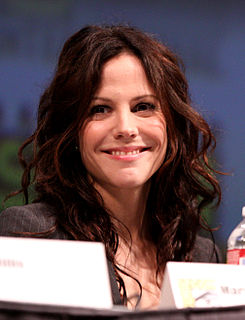A Quote by Michael Paterniti
When in my writing lair, I have no access to the Web. Otherwise, I'm like one of those lab rats on too much sugar. To compile my Google searches would be to see my sludgy, allusive brain at work.
Related Quotes
There's a price you pay for drinking too much, for eating too much sugar, smoking too much marijuana, using too much cocaine, or even drinking too much water. All those things can mess you up, especially, drinking too much L.A. water ... or Love Canal for that matter. But, if people had a better idea of what moderation is really all about, then some of these problems would ... If you use too much of something, your body's just gonna go the "Huh? ... Duh!"
We know that Google Earth and Google Maps have had a tremendous impact on Google traffic, users, brand, adoption, and advertisers. We also know Google News, for example, which we don't monetize, has had a tremendous impact on searches and on query quality. We know those people search more. Because we've measured it.
Stop looking at the Web as merely a display opportunity and not a way to interact. That does not create a new business model, it just shifts one that isn't growing and is outdated. The reason sites like Google are stealing advertisers from daily newspapers is not because Google has more eyeballs. It's because Google used the interactivity of the Web to deliver a new, better way to advertise.
I'm really into moderation. Too much of anything will harm you in the end. Too much sugar. Too much pasta. I'm into drugs as a teaching tool, which is why I only take hallucinogenics. I mean, it's not like I've never done cocaine, but, on the whole, if I can't see dancing elephants then I'm not interested.
It's a fascinating time, I think. I do believe that with all the qualifications I've said - [such as] the uncertain accuracy of the web - nonetheless the access to speeches, documents is unparalleled with the ease of gathering information. If I had had that access when I was an editor or coming up, it would have made my life so much easier. As it was, everything took so much longer.
I definitely feel like there's a lot of terrible things on the Internet, obviously. You can really pretty much find anything on there. It's pretty awful. And the crazy thing is that we don't even access that much of it - it's like the dark web or whatever. It's the other Internet that we don't even access.
When I was 14, I spent a huge amount of time on the Internet, but not the Internet we know today. It was 1994, so while the World Wide Web existed, it wasn't generally accessible. Prodigy and CompuServe were popular, and AOL was on the rise, but I didn't have access to the web, and no one I knew had access to the web.






































